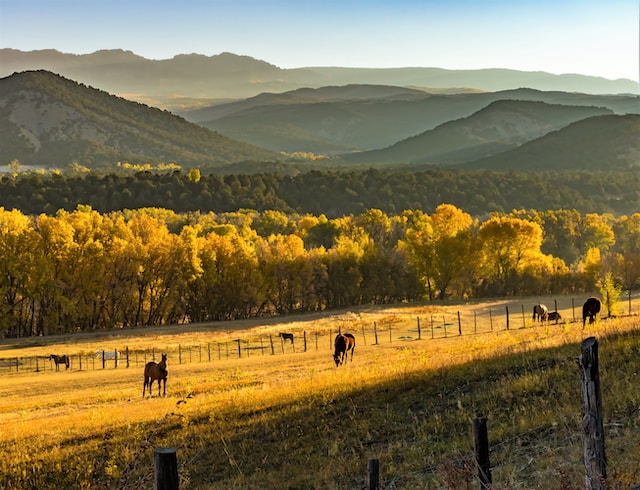Farms and ranches face many risks not typically covered by homeowners’ policies. These include property losses due to natural disasters, damage from accidents, and other perils that can impact livestock and crops.
A ranch insurance policy can cover these unique risks in a package. Generally, it is highly customized to meet your specific needs.
Liability
As a rancher, your property and your animals are essential assets. However, it’s also important to protect yourself against liabilities resulting from your business operations. Liability insurance can help pay for medical expenses or legal fees if you or your employees are found to be at fault for an accident on the ranch.
In addition to basic liability coverage, ranchers often opt for farm/ranch insurance policies that provide specific coverage for their barns, sheds, workhouses, and other structures. Farm/ranch policies also offer protection for livestock and crop losses, business interruption, transportation floater (for coverage of product in transit), and workers’ compensation.
If your ranch offers hunting activities, you may need specialized hunting insurance to cover theft or damage of equipment. Some policies even include crime coverage, which can pay for crimes your guests or staff commit. This is an excellent option for dude ranches, which often deal with young children and vulnerable adults.
Property
Some consider ranches to be refugees from the hurly-burly of the city, places to get away and hunt, fish, or enjoy nature. Other ranchers treat them as valuable investments in a quality lifestyle and preserving a large swath of wildlife habitat, especially in the West, where such land is becoming increasingly rare and valued.
Farm and ranch insurance is similar to homeowners insurance in many ways, with property and liability protections. However, a knowledgeable agent can provide specific endorsements for your unique situation and help you customize the proper coverage.
A typical farm and ranch policy includes protection for personal property like the ranch owner’s residence, barns, and other structures on the property. It also protects against physical damage from other machinery and equipment used in the ranching or farming business. It may also include a business interruption policy that helps replace lost income and cover additional expenses during disaster or damage.
Business Interruption
Business interruption coverage protects losses incurred due to business operations being interrupted. BI pays for operating expenses – including rent or mortgage, tax payments, employee wages, and other costs — if a covered cause of loss damages a business’s property, and the company must close its doors to allow for repairs.
A specialized type of business interruption insurance, contingent business interruption (CBI), covers losses incurred due to supply chain disruptions or closures that do not directly result in property damage. CBI is typically bundled with a business owner policy, or BOP, which combines a range of commercial insurance coverage options for small businesses into one convenient package.
To qualify for a BI payout, the government must order a closure of the business premises as part of a disaster recovery plan.
Livestock
Most ranchers rely on their livestock for income, and the right policy can protect you from the financial impact of market fluctuations or other unexpected events. The livestock portion of farm and ranch insurance typically offers coverage for various perils, including death from natural causes, theft, and accidents during transport.
Other coverage options can help ranchers manage their risk more effectively.
Other specialty coverages can be important for ranchers, such as pollution liability coverage that covers losses caused by environmental incidents involving your farm or products produced on the property. A good ranch insurance agent can take the time to understand your unique risks and needs to bring you various policy options. This is especially true for commercial policies, as the needs of a large farm can be very different from those of a smaller farm or ranch.
